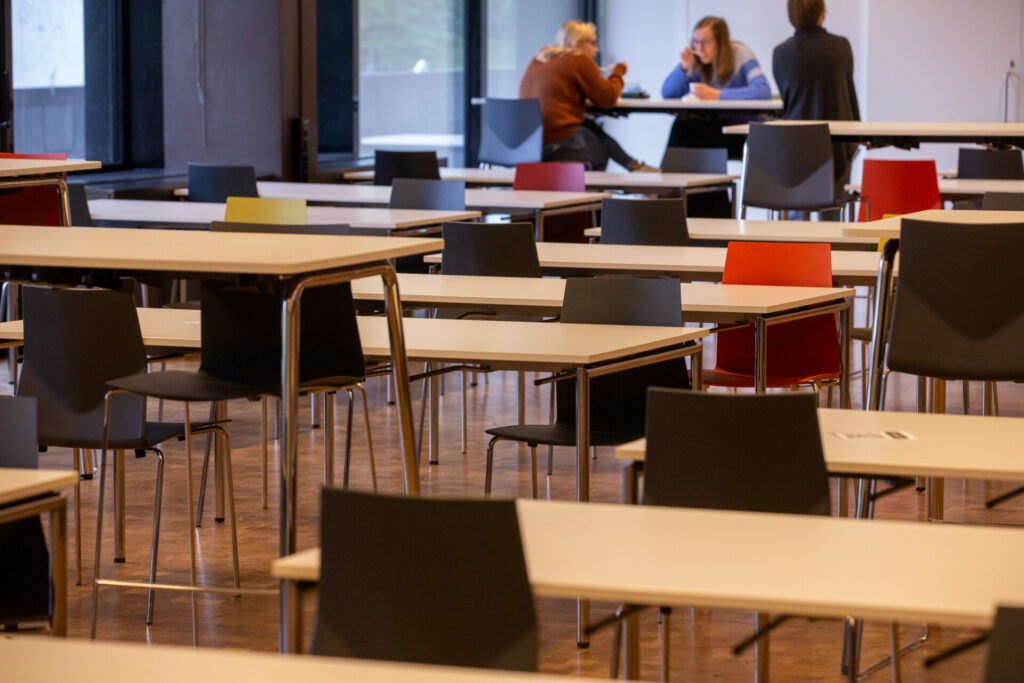Belgium's education system was "insufficiently prepared" for digital teaching and learning during the Covid-19 pandemic, resulting in pupils losing about one-third of the school year, shows an Oxford study on education delays in pupils around the world.
School closures, distance learning and especially the continuous switching between the two had a huge impact on education in Flanders and Wallonia, which is still noticeable in pupils' results today. A previous study, conducted by Kristof De Witte at KU Leuven, found that for Dutch, sixth-year pupils (aged 11-12) were 15 weeks behind in 2022 compared to their 2019 peers.
The study by De Witte and his colleagues is one of 42 studies used by Oxford researchers to look at the extent of learning delay among students around the world. The study's conclusion: on average, pupils lost 35% of a year of learning – equivalent to about three to four months.
Belgium is certainly not the worst student in the class, "but the learning loss of pupils is still higher here than in most other countries in the study," De Witte told De Morgen. "We are at the level of Poland and Greece. In the Netherlands, for example, the learning deficit is still a lot lower."
Trickling down education delays
According to him, this has to do with the fact that Belgium was less prepared for distance learning. Unlike in other countries, there were no laptops ready for all pupils, let alone many digital learning packages already in place to bring pupils to learn remotely, Le Soir reports.
The question remains whether students can catch up with this education delay. While De Witte stated that it is definitely possible in theory, it will be very difficult in practice. "Quite a few other studies, such as the one on the impact of teacher strikes in Wallonia, show that learning delays trickle down to students' entire school careers. This even extends to the labour market: where people with learning delays earn less on average."
However, the word "average" is crucial: just because a pupil has been taught less (well) for a few weeks does not mean that they are therefore doomed to know and be able to do less than others.
Related News
- Belgian universities take part in pilot project for European diplomas
- Young people want more environmental content in school curriculum
"There may be quite a few pupils who have caught up in the meantime," De Witte said. "But we do know for sure that, on average, it has an impact. There is also no other way: if a foundation –like the multiplication tables or being able to read well – is not there, you have to make time to catch up every time."
Importantly, however, the Oxford researchers' findings are based on results from only 15 rich countries; Covid-19's impact on low-income countries' education systems remains a blind spot.

